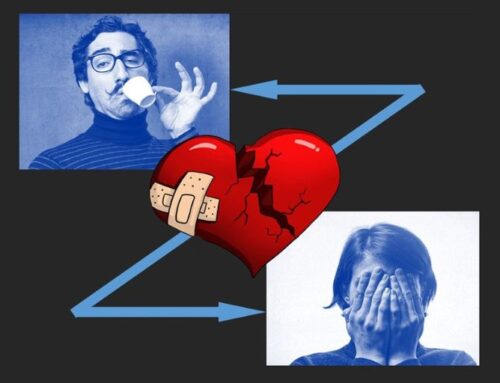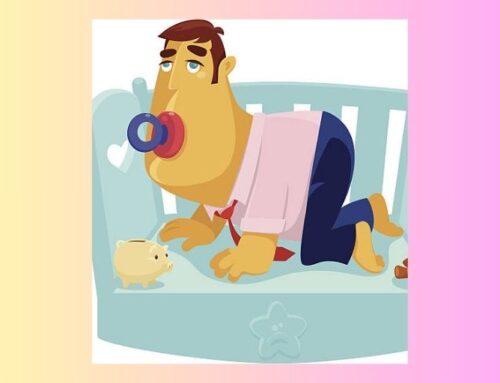“There is only one way to change the world; change yourself.”
We want to change so many things in our lives – especially those irritating people and depressing situations that destroy our peace of mind.
As I’ve previously talked about, our power over other people and circumstances is limited, very limited indeed. The only real power that we have is over ourselves – our behavior, our choices and our attitudes.
However, while our power is limited, we do have influence, meaning that we can set the stage for change in our relationships and the small bit of the world that we inhabit.
To begin with let’s define the difference between power and influence.
- Power commands, coerces and compels others to do as we wish. It is based on positional authority.
- Influence relies on relationship tools like encouragement, respectful dialogue and modelling the change we wish to see.
Modelling the Change
“If you don’t like something, change it. If you can’t change it, change your attitude.” Maya Angelou
The influencing tool that I wish to focus on here is the last one – modelling. You see, by modelling the change we want to see we change the atmosphere, the dynamic, the energy field around us.
There is, however, one important proviso – our modelling needs to come from a place of humility and authenticity, not ego and fakery. When we model the change, we are not telling others what to do. We are not forcing change. We are living that change in small and large ways.
And importantly, when we model change, we are not doing it for others. We are doing it for our own peace of mind. That being said, the change in us might just inspire others to try our approach for themselves.
Delia’s Story — Delia Disengages from the Dance
Delia has had an awakening. She can see, finally, that her angry reaction to her family of origin’s dramas were not changing anything. Her negative behavior only contributed to the dysfunction. Something, she reasoned, would need to change. She would either have to leave town and end all contact with them or change her reactions. She opted for the latter.
Firstly, she decided that while she honed her new relationship skills, she would limit contact with her family. Then, when she felt more confident, she would join in their gatherings, but with a difference — she would no longer be drawn into their quarrels or take sides in their brouhahas.
In other words, she was practicing the art of gentle, but firm boundaries – both verbal and physical. For example:
- She applied the formula of 0% criticism + 100% kindness toward one and all.
- As as their problems were no longer hers, she decided that when the interaction became heated, she would calmly leave the room or, if needed, leave the building.
The change in her was noticed immediately by her family. They wondered what was wrong with her when she no longer reacted to their prodding. So they upped the ante, but with no result. Delia was no longer playing the family game.
Then one day she realized that her consistent, calm detachment was beginning to have an impact on the family dynamic, when her brother said that he wanted to join her in this new approach to family living. Of course, her objective wasn’t to change others. It was simply a pleasing outcome of the decision that she made for herself and her own peace of mind.







